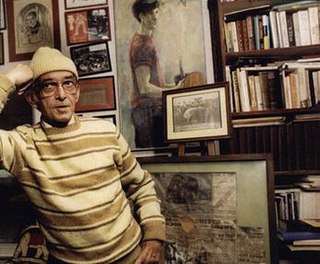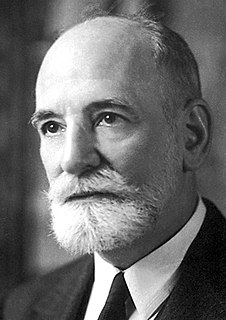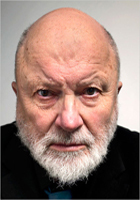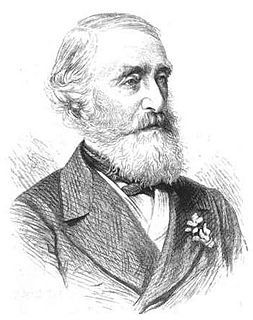A Quote by Henry Parry Liddon
If a religious principle is worth anything, it applies to a million of human beings as truly as to one; and the difficulty of insisting on its wider application does not furnish any proof that it ought not to be so applied.
Related Quotes
Being holy . . . does not mean being perfect but being whole; it does not mean being exceptionally religious or being religious at all; it means being liberated from religiosity and religious pietism of any sort; it does not mean being morally better, it meas being exemplary; it does not mean being godly, but rather being truly human.
Kantian ethical theory distinguishes three levels: First, that of a fundamental principle (the categorical imperative, formulated in three main ways in Kant's Groundwork); second, a set of duties, not deduced from but derived from this principle, by way of its interpretation or specification, its application to the general conditions of human life - which Kant does in the Doctrine of virtue, the second main part of the Metaphysics of Morals; and then finally an act of judgment, through which these duties are applied to particular cases.
In this modern world of ours many people seem to think that science has somehow made such religious ideas as immortality untimely or old fashioned. I think science has a real surprise for the skeptics. Science, for instance, tells us that nothing in nature, not even the tiniest particle, can disappear without a trace. Nature does not know extinction. All it knows is transformation. If God applies this fundamental principle to the most minute and insignificant parts of His universe, doesn't it make sense to assume that He applies it to the masterpiece of His creation, the human soul?
We are difficult. Human beings are difficult. We're difficult to ourselves, we're difficult to each other. And we are mysteries to ourselves, we are mysteries to each other. One encounters in any ordinary day far more real difficulty than one confronts in the most “intellectual” piece of work. Why is it believed that poetry, prose, painting, music should be less than we are? Why does music, why does poetry have to address us in simplified terms, when if such simplification were applied to a description of our own inner selves we would find it demeaning?
If you go back far enough and get a wider enough picture of history, we have let go of many things that follow a religious narrative. We don't burn witches anymore. Most people would consider that barbaric. We don't sacrifice human beings, which was a religious act practiced by numerous cultures on this planet.
Yoga is a science, and not a vague dreamy drifting or imagining. It is an applied science, a systematized collection of laws applied to bring about a definite end. It takes up the laws of psychology, applicable to the unfolding of the whole consciousness of man on every plane, in every world, and applies those rationally in a particular case. This rational application of the laws of unfolding consciousness acts exactly on the same principles that you see applied around you every day in other departments of science.
It is very remarkable that while the words Eternal, Eternity, Forever, are constantly in our mouths, and applied without hesitation, we yet experience considerable difficulty in contemplating any definite term which bears a very large proportion to the brief cycles of our petty chronicles. There are many minds that would not for an instant doubt the God of Nature to have existed from all Eternity, and would yet reject as preposterous the idea of going back a million of years in the History of His Works. Yet what is a million, or a million million, of solar revolutions to an Eternity?
History leaves no doubt that among of the most regrettable crimes committed by human beings have been committed by those human beings who thought of themselves as civilized. What, we must ask, does our civilization possess that is worth defending? One thing worth defending, I suggest, is the imperative to imagine the lives of beings who are not ourselves and are not like ourselves: animals, plants, gods, spirits, people of other countries, other races, people of the other sex, places and enemies.
Just supposing for the sake of the argument that there is a being of such a kind as that He may with any propriety be called "God", it does seem antecedently very improbable that weak and limited creatures of a day, such as we are, should discover Him by our own efforts.... who could be discovered in that way would hardly be worth discovering. I think we ought to stick to that principle rather firmly. I think we ought to be rather sure that we cannot know God unless God has been pleased to reveal Himself to us.
Money cannot be applied to the *general welfare*, otherwise than by an application of it to some *particular* measure conducive to the general welfare. Whenever, therefore, money has been raised by the general authority, and is to be applied to a particular measure, a question arises whether the particular measure be within the enumerated authorities vested in Congress. If it be, the money requisite for it may be applied to it; if it be not, no such application can be made.

































